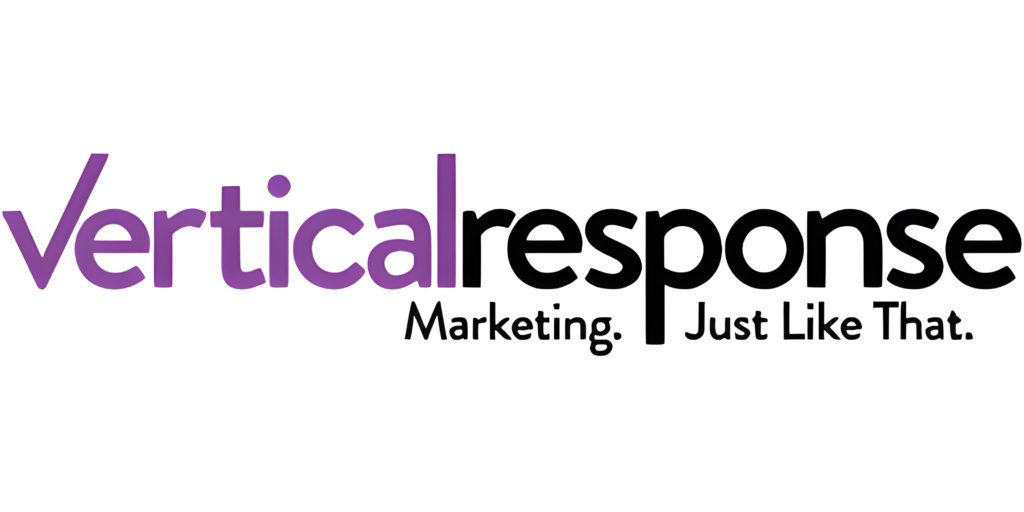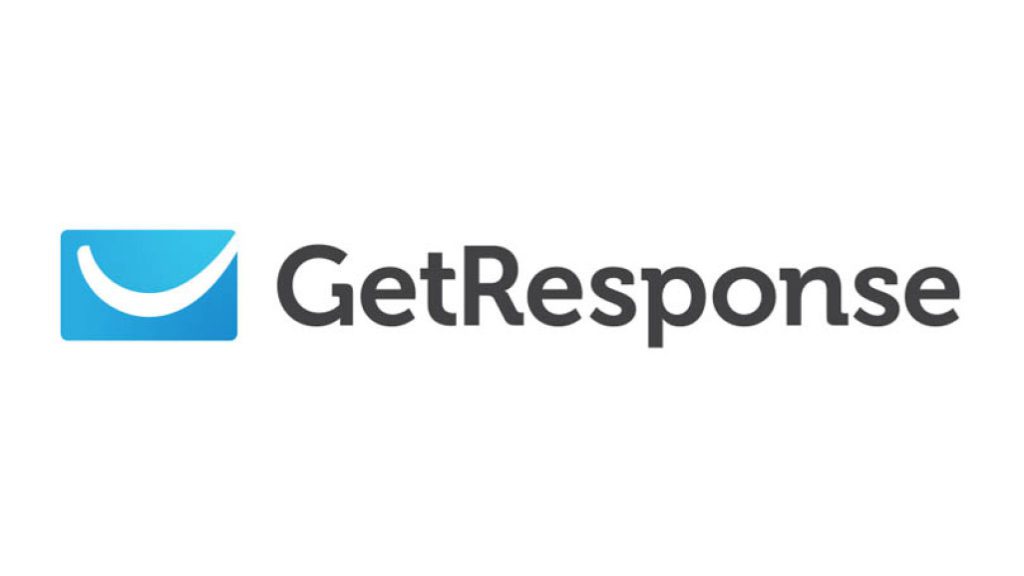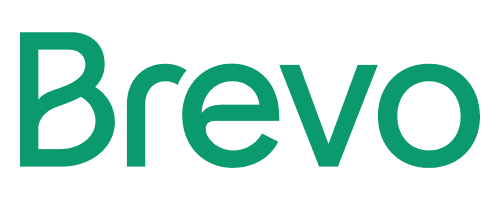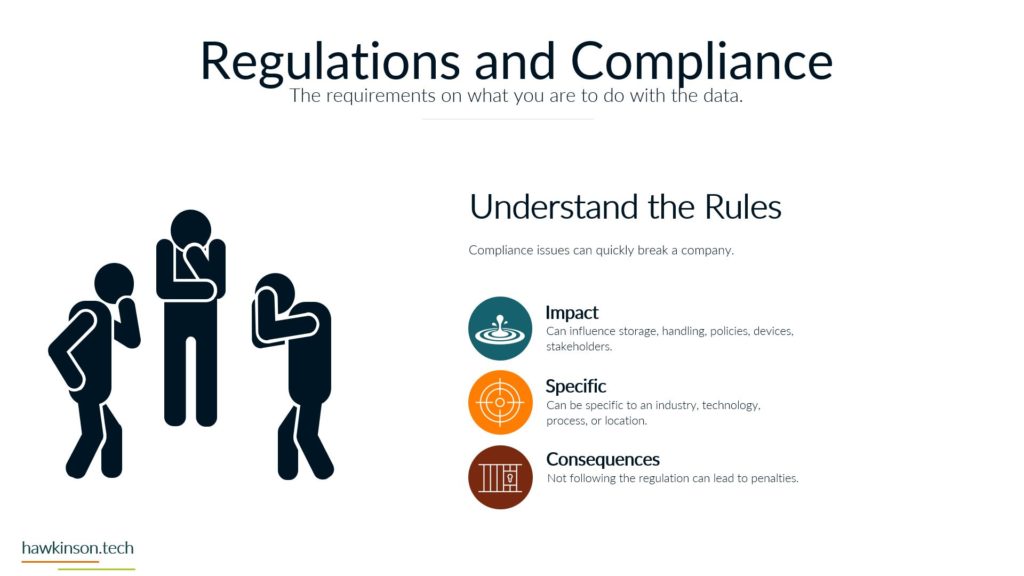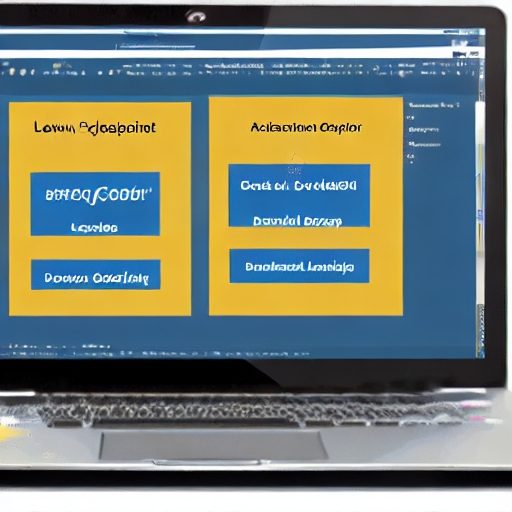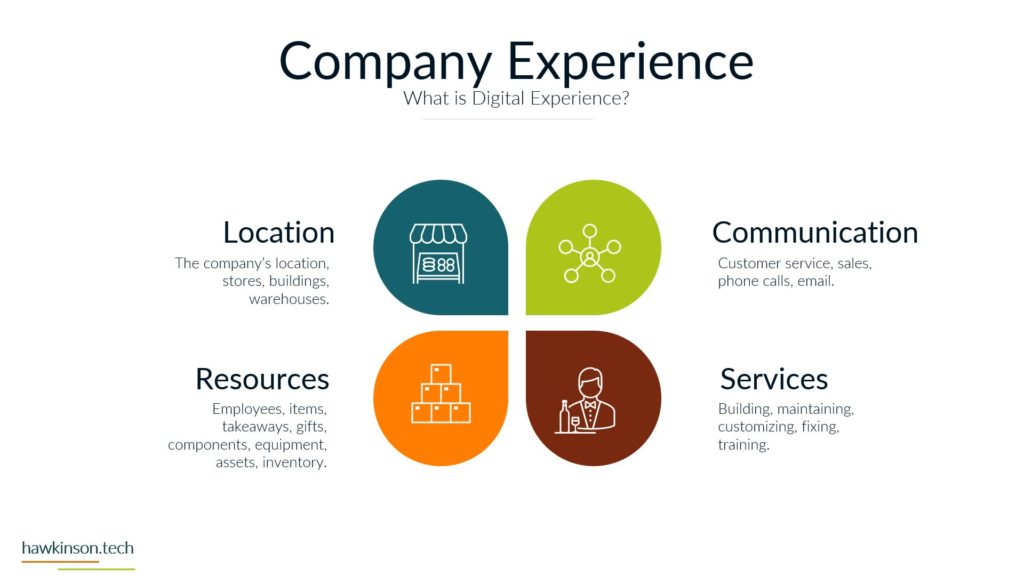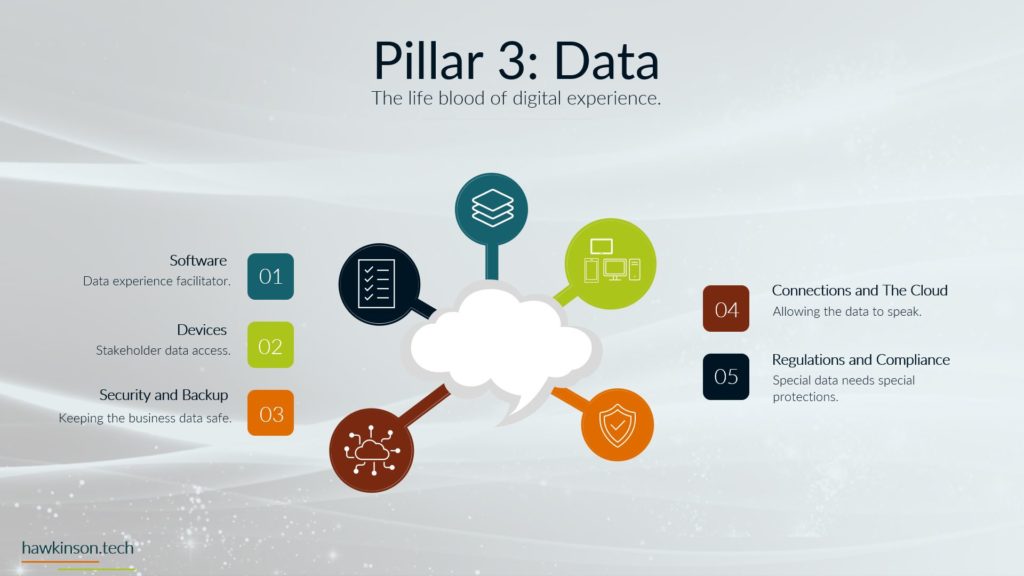eCommerce solution development is a tricky and time-taking process. Many variables come into play when designing an eCommerce site. Many new brands skip the hassle of hardcore development and opt for pre-built solutions to kick off their online sales journey. While it saves them time, they face several limitations when expanding their channels. If you want an eCommerce platform that effectively addresses all your challenges, we have covered all you need.
This read will guide you through the essential parts of eCommerce platforms to help you make an informed choice.
Essential Factors to Consider in an eCommerce Solution
Before we dive into these factors, I think it’s important to know your objectives. Why do you need an eCommerce platform? Do you want to sell products? Could you let me know if you’re offering services? Ask yourself these questions to identify your goals. You can proceed to the perfect development recipe once you know why you need an eCommerce website. Regardless of why you need it, a few things must cover your platform.
Platform Security
When you set up a brick-and-mortar store, the first thing you do is ensure its security. In the same way, your eCommerce website also needs protection. Online businesses often risk ransomware, hacking attempts, and other data safety problems due to improper safety measures.
With more businesses moving online, hackers look for security loopholes to access private information or steal business leads. eCommerce stores have large databases of customers with personal information (physical addresses, contact details, payment details, etc.). Such data becomes a goldmine for hackers to degrade a well-established business and start their own.
When you develop or purchase an eCommerce solution, you may ensure its SSL certification to avoid security issues. Google flags websites with no SSL certificate due to weak security.
eCommerce Optimization
Google’s algorithms undergo updates and reforms to allow better user experiences. One such factor that brings eCommerce sites down to low-revenue sites is slow loading speeds. Customers use online stores to skip the waiting part. When websites take too long to open, they get frustrated and leave to explore other online stores.
A robust eCommerce solution is one with fast loading speeds. While simple websites have much less information and visual data to load, eCommerce websites have tons of information that hinders fast loading speeds. eCommerce optimization is a crucial element when picking a platform.
You may only pick optimization-friendly eCommerce solutions. If you have to restructure or redesign a few pages for better optimization, you may bear more expenses than you deserve.
Advanced Product Search
A vital part most online customers look for in eCommerce shopping sites is advanced search features. While basic search helps narrow categories and filter prices, advanced search functionality offers many other handy options to ease the product search process. Have you ever arrived at an online store and wanted to search for an item you have a picture of? If yes, the advanced search can help you with that.
It allows users to upload photos of products to filter searches and show relevant results. The photo search feature may list the closest options to help you compare and pick your favorite. Moreover, advanced search also provides useful features like brand, stock-based, and other search functions to suit users.
The advanced search may be integrated into an eCommerce solution during the developmental stages. You may only pick those platforms with advanced search functionality to save later expenses.
Multiple Registration Options
Online shoppers like it when they have multiple options to choose from. When they arrive on an eCommerce platform and like a product, they checkout and terminate the session due to compulsion to register a user account. Some buyers are one-time customers who may (or may not) return to a store. Offering them a guest checkout can help you boost your sales and gain higher ranks.
You may also allow users to link their social accounts for quick registration. For instance, a user may click the Facebook link option to register on an eCommerce store. The liberty to decide how a customer wants to be treated on a platform has much to do with the feedback. When deciding on an eCommerce solution, keep this factor in view to avoid deadlocks with clients.
Registration forms can exhaust customers who log onto a website to purchase a product within seconds. They are more likely to consider other brands when they see such requirements.
Multiple Payment Solutions

Payment management is the trickiest part of eCommerce solution development. Most brands fail at this point due to internal issues. When purchasing an eCommerce site, you may thoroughly check the payment methods and processing options to make an informed choice. When customers shop from an online store, they like to pay through their preferred payment channels.
Imposing a payment compulsion can lead to abandoned shopping carts. A good rule is to integrate as many payment channels into your eCommerce site as possible. Leaving a few out due to fewer customers (using the service) may not be a good idea.
According to Hostgator, the top payment platforms (used by most shoppers) include PayPal, Apple Pay, Amazon Pay, Google Pay, American Express, Square, Stripe, Masterpass, Visa, and 2Checkout. Keeping these options can help you accommodate more customers.
CMS Integration
Developing a store with a large inventory, is not it? You need effective management to carry out daily procedures and run operations smoothly. This is where CMS comes into play. When buying an eCommerce solution, you may check if the platform is integrated into a CMS. If not, it should have the option to quickly integrate and run.
A Content Management System (CMS) lets you control your eCommerce store from a single source. You can make content, inventory, promotions, and other updates within a few minutes. A robust CMS like PrestaShop or OpenCart may come in handy due to various features.
You can consult an eCommerce expert to pick the best CMS for your eCommerce site. We recommend checking the details of the popular ones beforehand.
Final Thoughts
The above details highlight the important parts of eCommerce platforms you should remember for an informed choice. These details may come in handy to save costs, time, and effort when developing a new eCommerce website.











